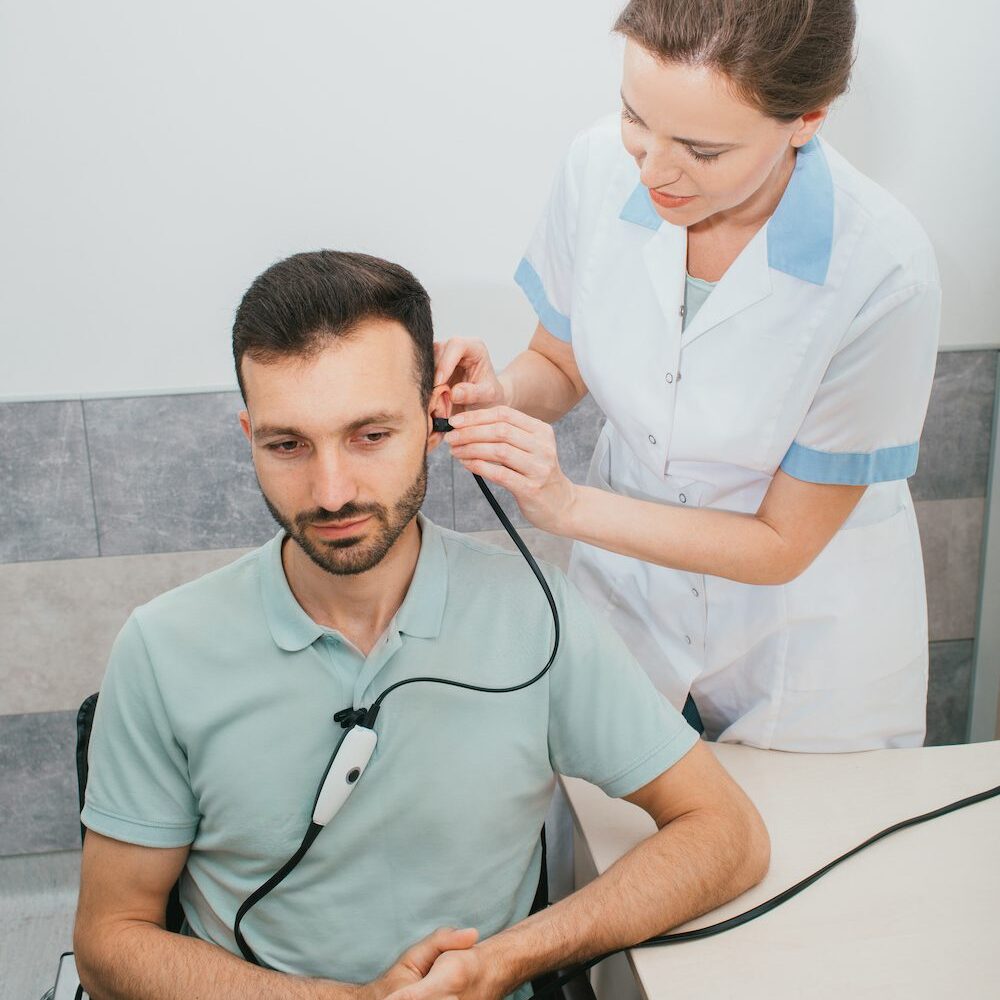The Benefits of Biometric Feedback in Hearing Aids
Modern hearing aids do much more than simply make sounds louder. They help


Modern hearing aids do much more than simply make sounds louder. They help

Hearing loss isn’t a one-time diagnosis. It needs ongoing care, just

Hearing health isn’t just a personal matter – it often affects